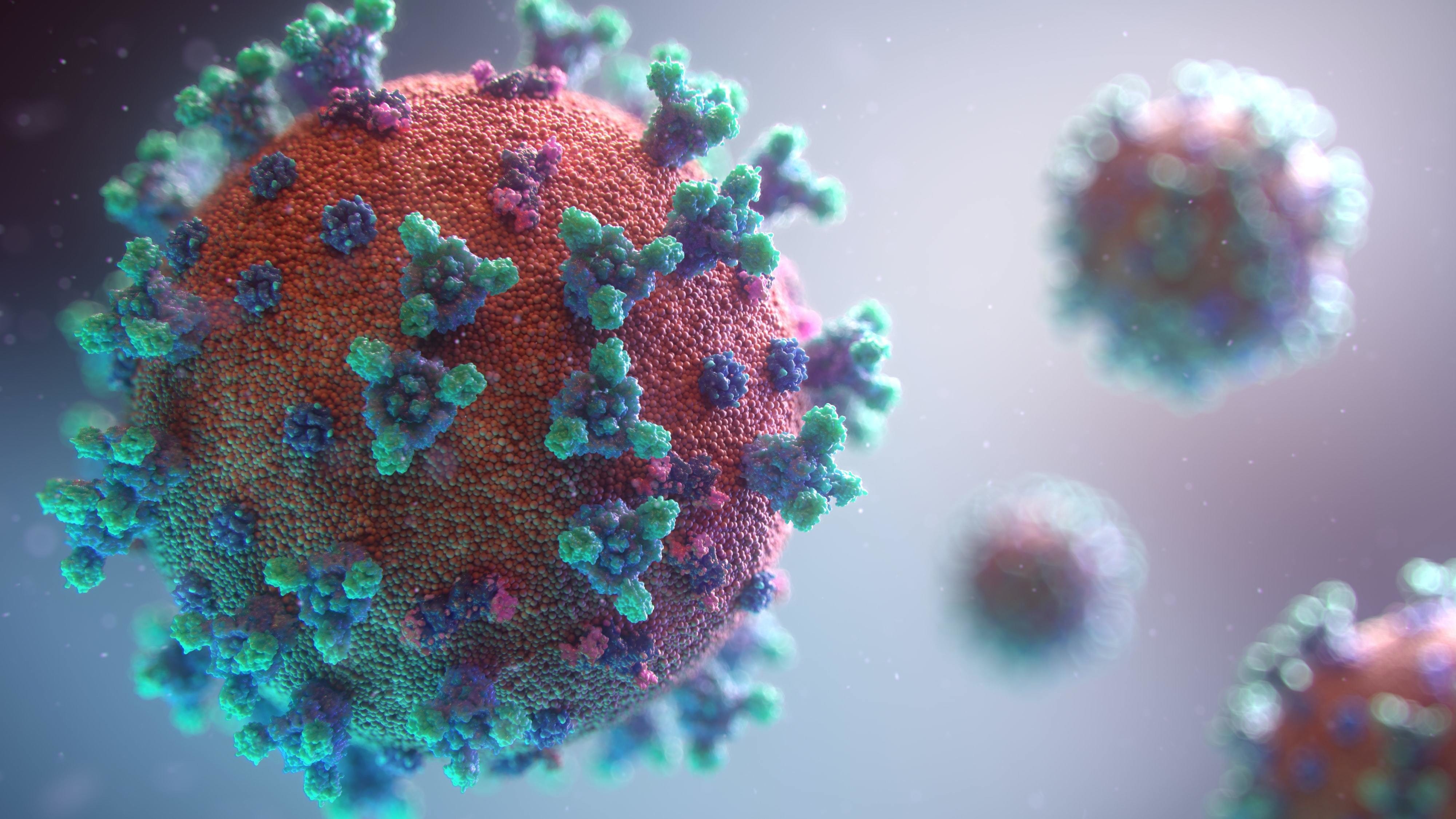

Two new cases of the Omicron coronavirus variant have been detected in London. The UK government announced new measures from yesterday to prevent the spread of the new variant.
The latest London cases – one in Camden and the other in Wandsworth – were detected on Tuesday, bringing the total number of people with the strain identified in the UK to 13.
The Omicron variant has been identified as having 50 different mutations already, twice as many as the Delta variant.
Although scientists are being cautious about the implications, the mutations are said to potentially make the variant more transmissible and bypass the protection given by prior infection or vaccination.
Dr Susan Hopkins, chief medical adviser at the UK Health Security Agency, told the BBC: “If you look at those mutations as mutations that increase infectivity, mutations that evades the immune response, both from vaccines and natural immunity….it’s a highly complex mutation, there’s new ones we haven’t seen before, so we don’t know how they’re going to interact in common.”
“It is the most worrying we’ve seen”, she added.
Early evidence suggests Omicron – first found in southern Africa – has a higher re-infection risk. But scientists say it will take about three weeks before it is known how the variant impacts on the effectiveness of vaccines.
In a press conference, the UK government announced targeted measures to prevent the spread of the Omicron variant. The new measures took effect from 4am on Tuesday, 30th November.
The government states new measures are being introduced as a precaution while more information is gathered on the variant’s transmissibility and its response to current vaccines.
The measures put forth by the government state that face coverings will be made compulsory in shops and settings such as banks, post offices and on public transport.
They also said that all international arrivals must take a PCR test by the end of the second day after arrival and self-isolate until they receive a negative result.
The JCVI advised the booster programme to be extended to all 18-39 year-olds and the gap between the second dose and booster to be reduced to three months.
During the press conference, Boris Johnson rejected health official’s advice to reduce festive socialising and said “People should not cancel their Christmas parties over this new variant.”
He also added that all adults will be offered booster vaccine by end of January, 2022.